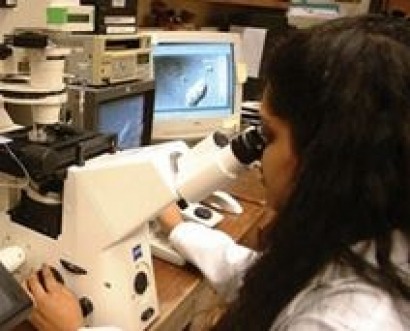
The OU-led team was one of four teams in the nation selected by DOE to move forward in the competition. Daniel Resasco, professor in the OU School of Chemical, Biological and Materials Engineering, and OU team members Richard Mallinson, Lance Lobban and Steven Crossley, will collaborate on the project with researchers at the Idaho National Laboratory, the University of Wisconsin and the University of Pittsburgh.
“The challenge is to develop a commercially-viable bio-oil that is non-corrosive and can be refined in the United States,” says Resasco. “To be competitive in the marketplace, we have to have a bio-oil that is more cost effective. Right now, it is not.”
The approach proposed by OU provides significant improvement over existing commercial and previously proposed technologies. Existing processes have limitations that result in low-carbon yield or high-hydrogen consumption.
A fundamental problem with these technologies is that the complex bio-oil presents different problems that cannot be solved with a single solution.
The project was funded by the DOE Energy Efficiency and Renewable Energy Bioenergy Technology Office through its Carbon, Hydrogen and Separation Efficiencies in Bio-Oil Conversion Pathways program.
For additional information:

